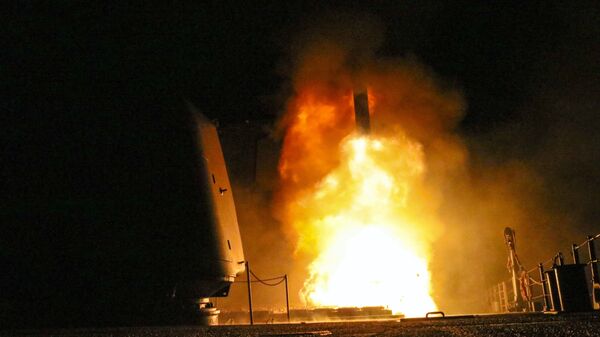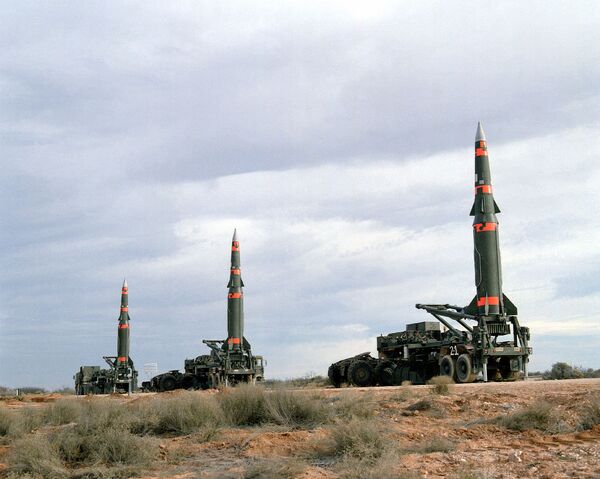Russian Foreign Minister Sergei Lavrov stated after visiting the Munich Security Conference, that the United States is laying the groundwork to deploy missiles, previously banned by the INF accord, in Europe, Asia, and on islands in the Pacific Ocean.
"Of course, we will discuss this issues with France, but in order to reach detailed agreement, we need multilateral negotiations, multilateral consultations, that, of course, include the US - which destroyed the [INF] treaty and now is actively paving the way for the deployment of these once-banned weapons in Europe, and also in Asia - and they don't hide it", the minister said.
US President Donald Trump announced his decision to withdraw from the 1987 INF accord on 2 February 2019. Washington claimed that it was leaving the treaty because of alleged violations by Moscow, although Russia had been adhering to the agreement despite having similar concerns about US compliance.
After the US left the deal in August, the Pentagon immediately tested a new missile operating at previously banned ranges.
According to the American side, Moscow was breaking the deal by developing its 9M729 missile system. Russia refuted the allegations, stating that the said weapon was tested only at ranges permitted under the INF Treaty.
The Russian authorities also noted, that the US itself was violating the INF treaty through the deployment of Aegis Ashore systems in Europe, as they are capable of launching sea-based Tomahawks that operate at ranges banned by the accord.
The INF agreement, which was signed by the US and USSR at the end of the Cold War in 1987, prohibited the two states from owning or developing ground-based missiles with ranges between 500 and 5,500 kilometres and was considered to be one of the pillars of global security.





